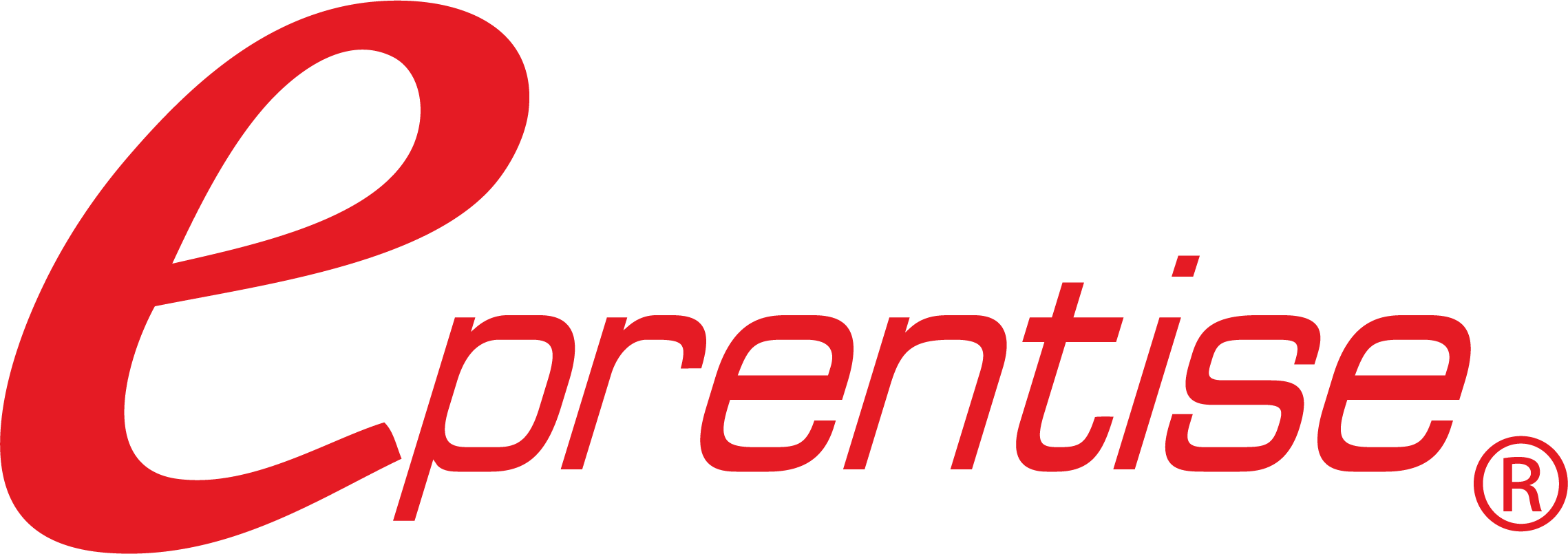There are ways to leverage Oracle® E-Business Suite to run industry standard audit procedures and proactively identify areas of non-compliance in advance for a smoother audit process. Here are our recommended tips to Ace Your Audit: Know Why Automation is Important: Know how audit automation can facilitate current and future audit frameworks and standards and […]
Tag Archives: Audit & Finance
Automation continues to transform whole industries – and finance and audit are no exception. Specific to the financial audit, most of the high-volume, routine, non-judgmental activities in real time are being transformed by software, leaving audit professionals more time to do what they do best: analyze results and make expert judgement calls. This webinar focuses on the framework and standards under which audits are currently conducted, and will showcase real-world examples where automation streamlines workflows to transform the entire audit process.
For most companies, annual financial statement audits are an unavoidable part of business and remain the gold standard of assurance to stakeholders. These annual audits can be quite burdensome for the accounting team. In addition to daily business demands—the accounting team generally needs to prepare and pull schedules, load extracts, and provide supporting documentation. Due […]
The concept of a world-class close has been around for decades, and with the economy booming, stalling, and then doing who-knows-what in the future, revisiting the elements of an exemplary close can bring unexpected benefits to any organization. Driving toward a world-class close means by definition that IT and Finance will become more flexible, more […]
This is the second in a series of articles designed to help the more technical people understand the business. They are intended as general reference material. A copy of the first article, Basics of Accounting: General Ledger and Account Types, can be found here. Books or ledgers are used to record the transactions. Closing the books is […]
This is the first in a series of articles designed to help the more technical people understand the business. They are intended as general reference material. A copy of the second article, Basics of Accounting: Closing the Books, can be found here. The general ledger (GL) is the repository and reporting vehicle for all financial subledger transactions. Subledgers include the Oracle® Applications […]
A useful chart of accounts (COA) provides flexibility for recording and reporting financialinformation, allows uniform management, and enhances communication. These nine fundamentalcriteria for COA design in Oracle® E-Business Suite will allow your business to create aforward-thinking chart of accounts to optimize growth and flexibility, while minimizing maintenance. Pass the “Mystery Accountant” Test – Do your […]
Financial Statement Generators (FSG) are powerful tools that can be used to produce a variety of traditional reports such as balance sheets, profit and loss statements, income statements, expense analyses and gross margin reports. Here are eight guidelines will help you get started with making a useful report. Make a Master Row Set – Create […]
Automation continues to transform whole industries – and finance and audit are no exception. Specific to the financial audit, most of the high-volume, routine, non-judgmental activities in real time are being transformed by software, leaving audit professionals more time to do what they do best: analyze results and make expert judgement calls. This webinar focuses on the framework and standards under which audits are currently conducted, and will showcase real-world examples where automation streamlines workflows to transform the entire audit process.
Automation continues to transform whole industries – and finance and audit are no exception. Specific to the financial audit, most of the high-volume, routine, non-judgmental activities in real time are being transformed by software, leaving audit professionals more time to do what they do best: analyze results and make expert judgement calls. This webinar focuses on the framework and standards under which audits are currently conducted, and will showcase real-world examples where automation streamlines workflows to transform the entire audit process.











